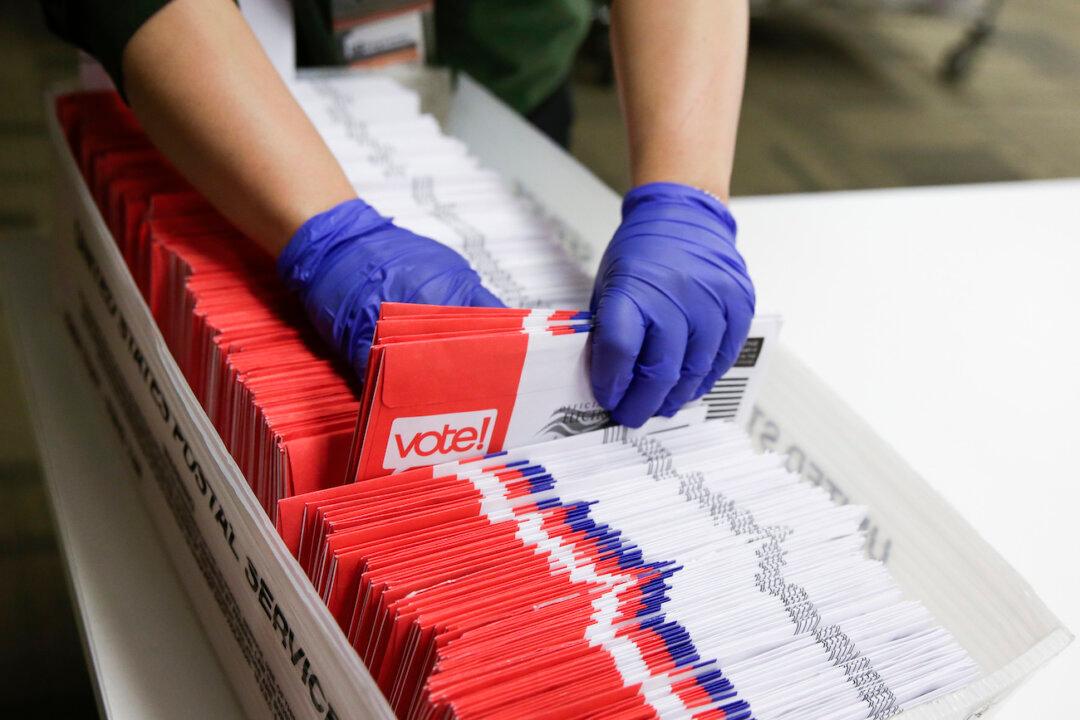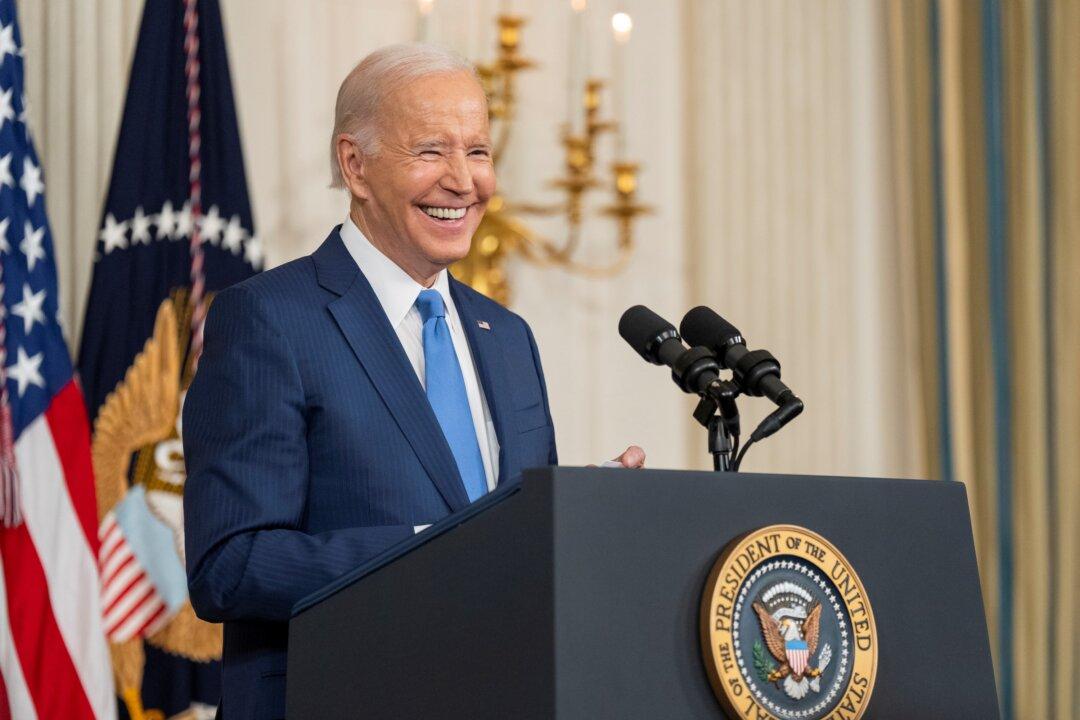While many government leaders sound the all clear message on COVID-19, dropping vaccine restrictions and mask mandates, some states and municipalities are clinging to the emergency powers that allowed them to govern people’s behavior in unprecedented ways.
Citing the need to direct emergency funding and oversee hospitals, they have held on to their emergency orders even as many restaurants, shopping centers, and sports arenas are once again packed and lingering pandemic concerns have faded into the background of a more normal life.






